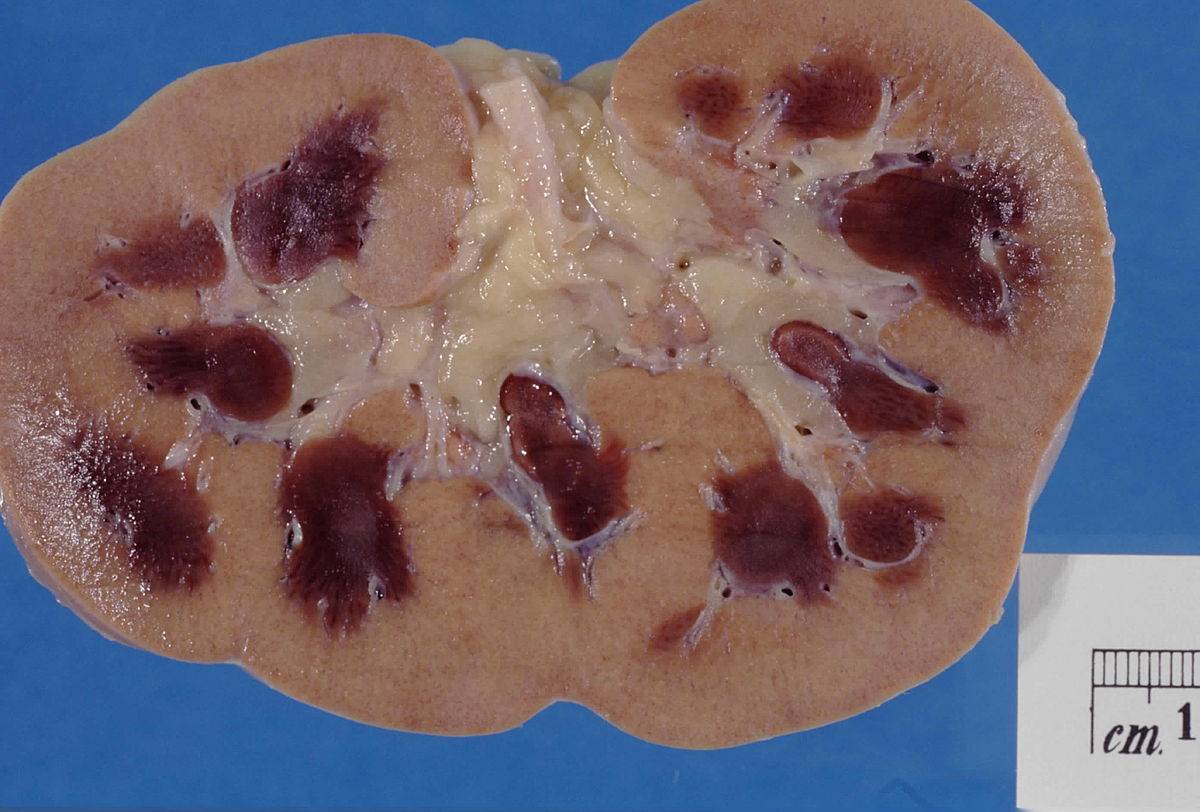Signs You Might Have Kidney Disease: Early Detection Is Key
Kidney disease is a serious health condition that affects millions of people worldwide. It occurs when the kidneys, which filter waste and excess fluids from the blood, become damaged or diseased. If left untreated, kidney disease can lead to kidney failure, which requires dialysis or a kidney transplant. However, early detection and treatment can help slow or even halt the progression of the disease. In this article, we will discuss the signs and symptoms of kidney disease, and why it is essential to seek medical attention if you experience any of them.
One of the most common signs of kidney disease is fatigue. When the kidneys are not functioning properly, they may not be able to filter waste and excess fluids from the blood effectively. This can lead to a buildup of toxins in the body, causing feelings of tiredness and weakness. Other symptoms of kidney disease include swelling in the legs, ankles, and feet, as well as high blood pressure. High blood pressure is a significant risk factor for kidney disease, and it can also be a symptom of the disease.
Another sign of kidney disease is changes in urination. People with kidney disease may experience a decrease in urine output, or they may need to urinate more frequently. They may also experience pain or burning while urinating, or see blood in their urine. Additionally, kidney disease can cause nausea and vomiting, as well as a loss of appetite. If you experience any of these symptoms, it is essential to seek medical attention.
There are also several risk factors that can increase your chances of developing kidney disease. These include diabetes, high blood pressure, family history of kidney disease, and age. If you have any of these risk factors, it is crucial to talk to your doctor about your risk and what you can do to reduce it.
Early detection and treatment of kidney disease are critical to preventing kidney failure. If you experience any of the symptoms mentioned above, or if you have any of the risk factors, it is essential to seek medical attention. Your doctor can perform a series of tests, including blood and urine tests, to determine if you have kidney disease. If you do, your doctor can work with you to develop a treatment plan to slow or halt the progression of the disease.
In conclusion, kidney disease is a serious health condition that can have severe consequences if left untreated. However, early detection and treatment can help slow or even halt the progression of the disease. If you experience any of the symptoms mentioned above, or if you have any of the risk factors, it is essential to seek medical attention. By taking control of your health, you can reduce your risk of developing kidney disease and ensure a healthy and happy life.




No comments yet
Be the first to share your thoughts!